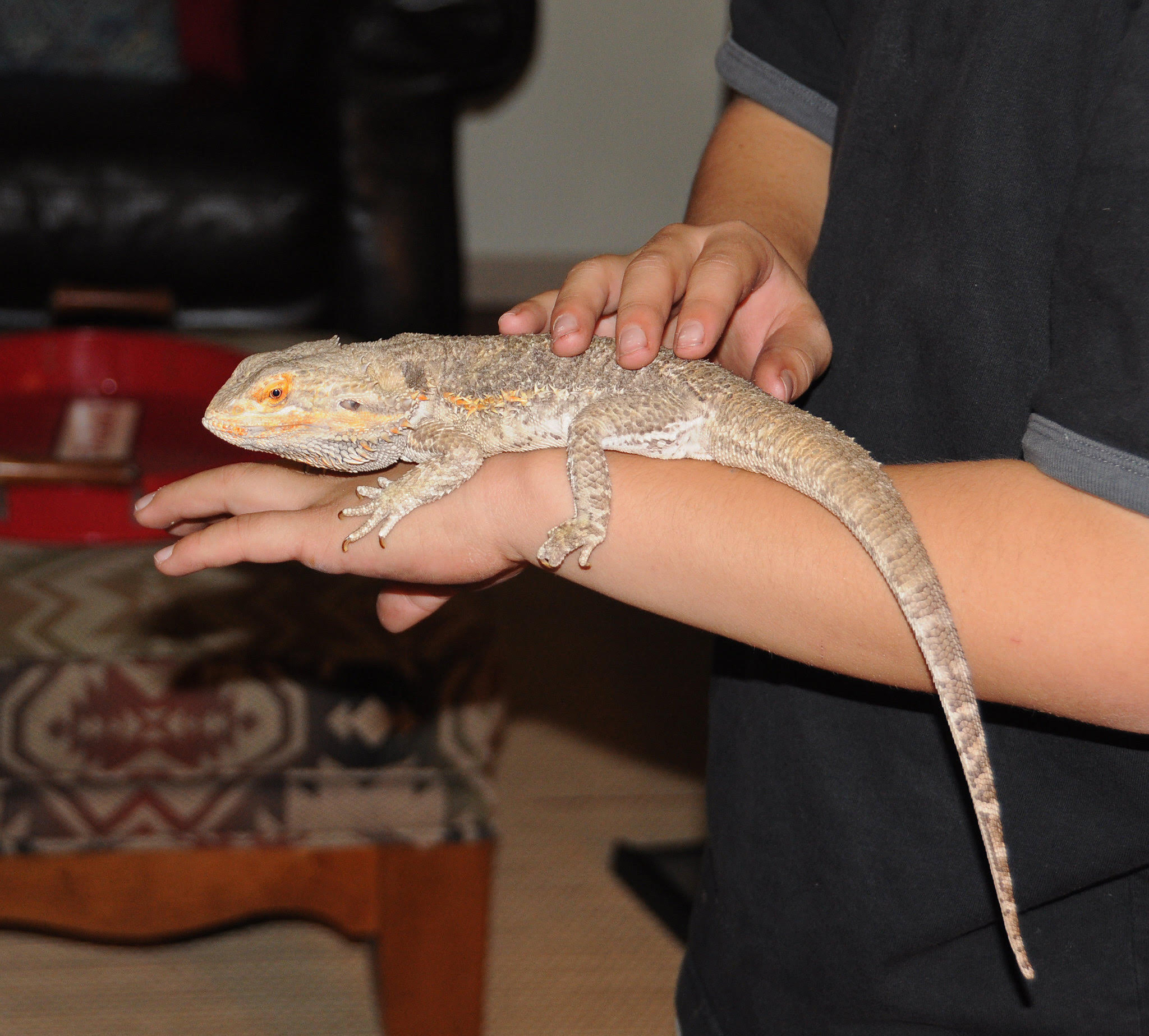A measles outbreak centered in Indonesia’s East Java has sickened more than 2,000 children, 17 of them fatally, prompting the launch of an immunization campaign today in the country’s hot spot, the Associated Press reported.
.jpg)
The outbreak has been under way for the past 8 months, and 16 of the patients who died are from Sumenep district, according the report, which cited data from the Sumenep District Health Agency.
Indonesia is grappling with a gap in childhood immunization, with just 72% of children younger than age 5 receiving the measles vaccine last year, well below the 95% population coverage needed to prevent outbreaks. For some provinces, the measles immunization rate is below 50%.
Indonesia experienced a large measles outbreak in 2018 in Papua province that was complicated by religious concerns that the measles, mumps, and rubella vaccine contained pork. Indonesian health officials have called on residents, community officials, and religious leaders to support immunization efforts in Sumenep, which is targeting 78,000 children ages 9 months to 6 years.
The outbreak is occurring against the backdrop of a global rise in cases, including in North America.
Transit exposures in New Jersey’s latest case
In US developments, the New Jersey Department of Health on August 22 announced a measles infection in a resident of Hudson County who had close contact with a confirmed patient who is not a resident of the state. Officials emphasized that there are no links to earlier cases and that New Jersey is not experiencing a measles outbreak.
Officials said the patient traveled on public transportation between August 13 and 15 while infectious and that they are working with local officials on contact-tracing efforts. New Jersey has reported seven cases this year.












